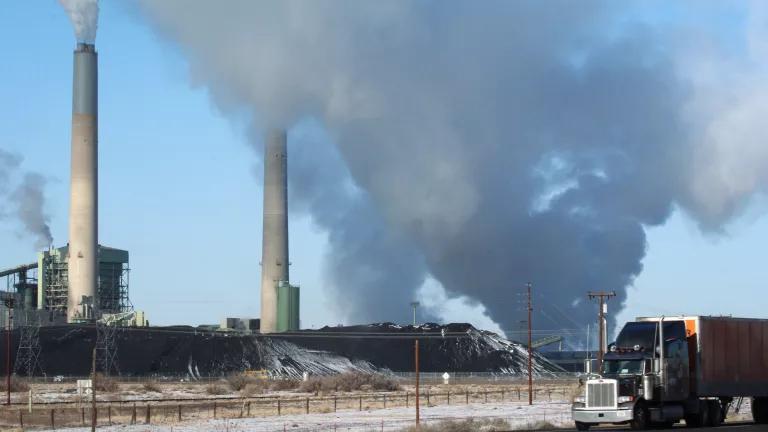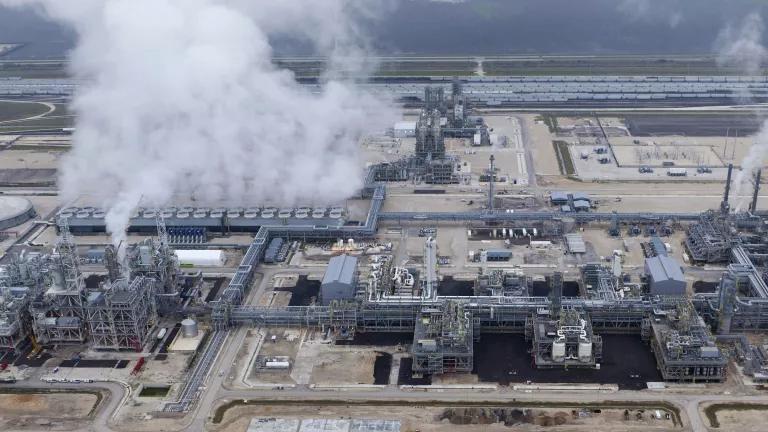House Members proposed a bill to require tar sands companies to pay into the Oil Spill Liability Trust Fund (OSLTF), which is used to pay for spill response. As NRDC and Oil Change International outlined in Irrational Exemption, while companies producing and transporting conventional crude oil pay an 8 cent per barrel tax into the OSLTF, tar sands has been granted an exemption by the Internal Revenue Service (IRS) on the grounds that it is not “crude oil.” Indeed, there are differences between conventional crude and tar sands bitumen; however, those differences tend to make tar sands spill more damaging and expensive to clean. Meanwhile, increasing volumes of tar sands appear on the U.S. pipeline system puts a heavy strain on an oil spill fund that they’re not paying into. Not only should tar sands not receive an exemption, but they should be assessed a tar sands specific rate that takes into account the heightened risks posed by tar sands pipeline spills.
The Kalamazoo River tar sands spill, the first major tar sands spill in the U.S., has cost over $800 million to clean. On a per barrel basis, that’s over 18 times as expensive as the average for conventional oil spills in the United States over the last decade. Despite the exemption, the Environmental Protection Agency (EPA) has drawn at least $44 million from the fund to pay its cleanup costs for that spill.
“Tar sands is already the dirtiest, riskiest oil around. It shouldn’t get a free ride from the U.S. taxpayer when it comes to paying into this vital spill response fund,” Rep. Markey, Ranking Member of the Natural Resources Committee.
Because Enbridge has been cited for numerous violations of minimum federal safety regulations leading up to the Kalamazoo spill, the company will like have to reimburse the EPA for those costs. But in cases where a pipeline company is not at fault, its maximum liability for a spill is $350 million. The rest of the cost is born by either the OSLTF or in the event that the fund is insolvent, the U.S. taxpayer.
In February of 2012, the OSTLF only had about $130 million of cash on hand. And that’s what makes the tar sands exemption so significant – according to a report by members of the House Natural Resources Committee found that this exemption costs the OSTLF over $50 million a year. As it stands now, tar sands is likely to become an increasing percentage of the petroleum passing through our pipelines. That means: increased likelihood of spill incidences, with decreased cash coming in to cover the cleanup.
Of course, closing this irrational exemption doesn’t solve the problems with tar sands. Our pipelines aren’t designed for tar sands and our emergency responders don’t yet know how clean up tar sands spills, particularly in rivers and waterbodies. Closing the OSTLF tax exemption won’t solve these issues, much less address the environmental impacts that come from extracting the dirtiest source of oil in the world.
But still, it’s a good idea.
For more on the Kalamazoo tar sands spill, see the InsideClimate News indepth series.




